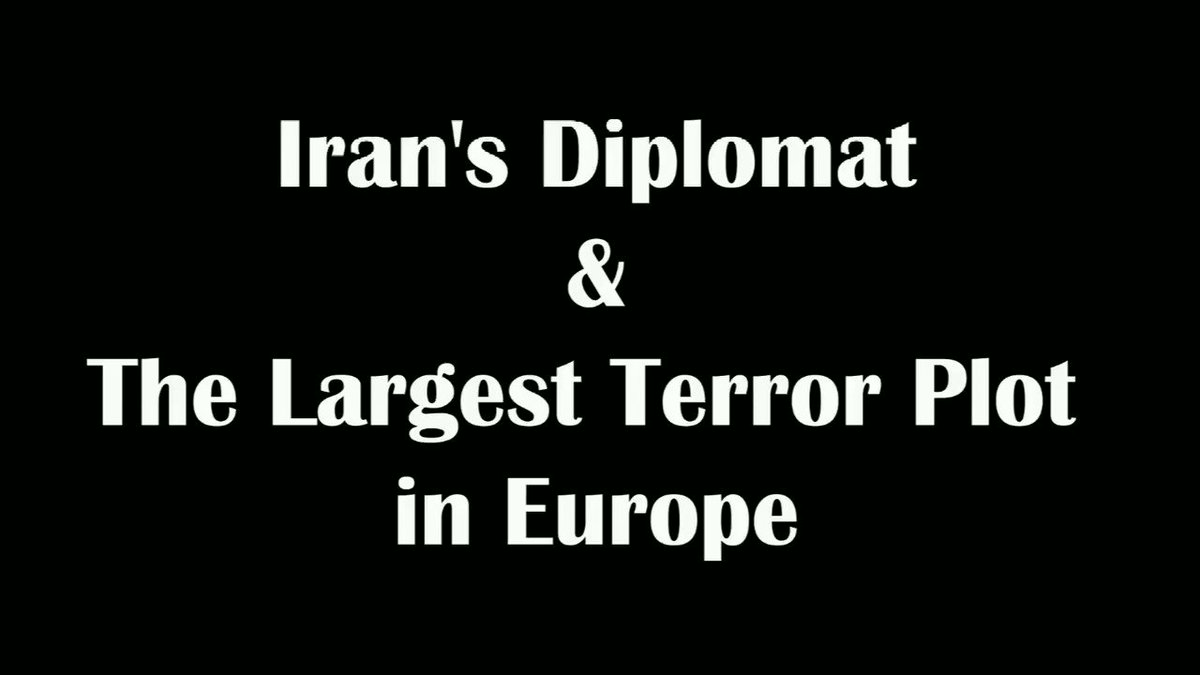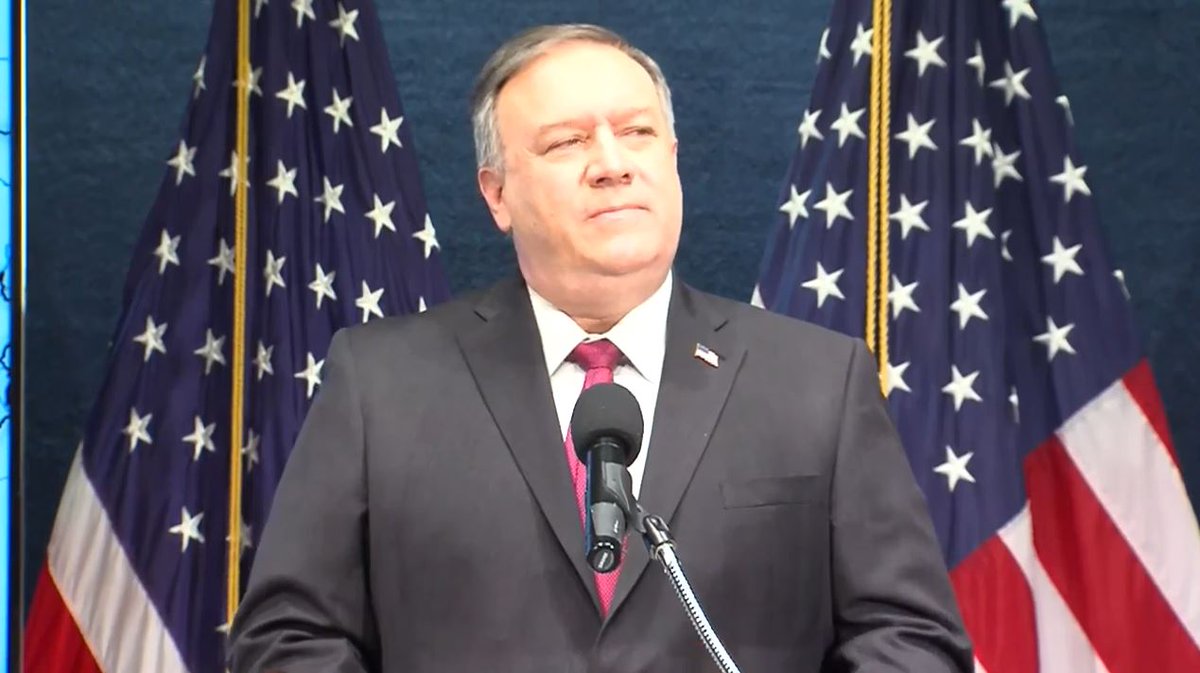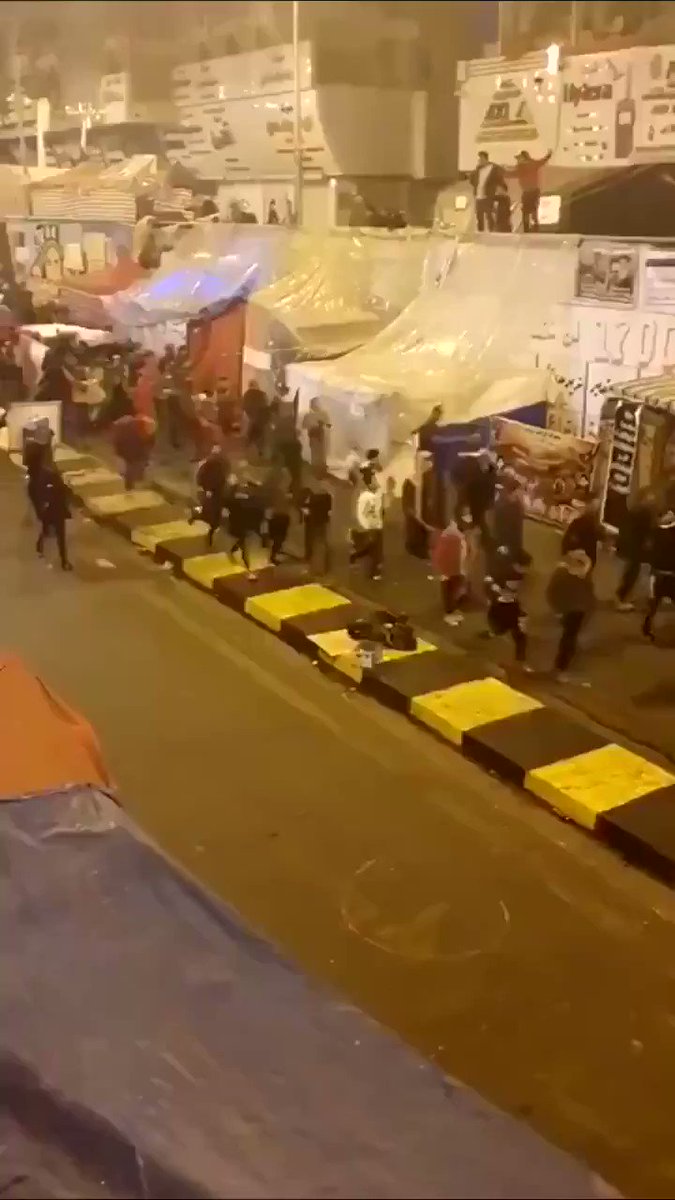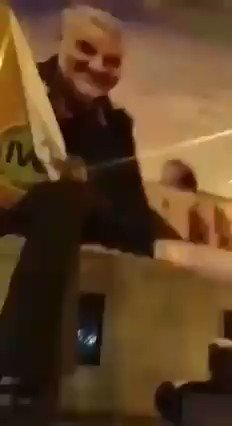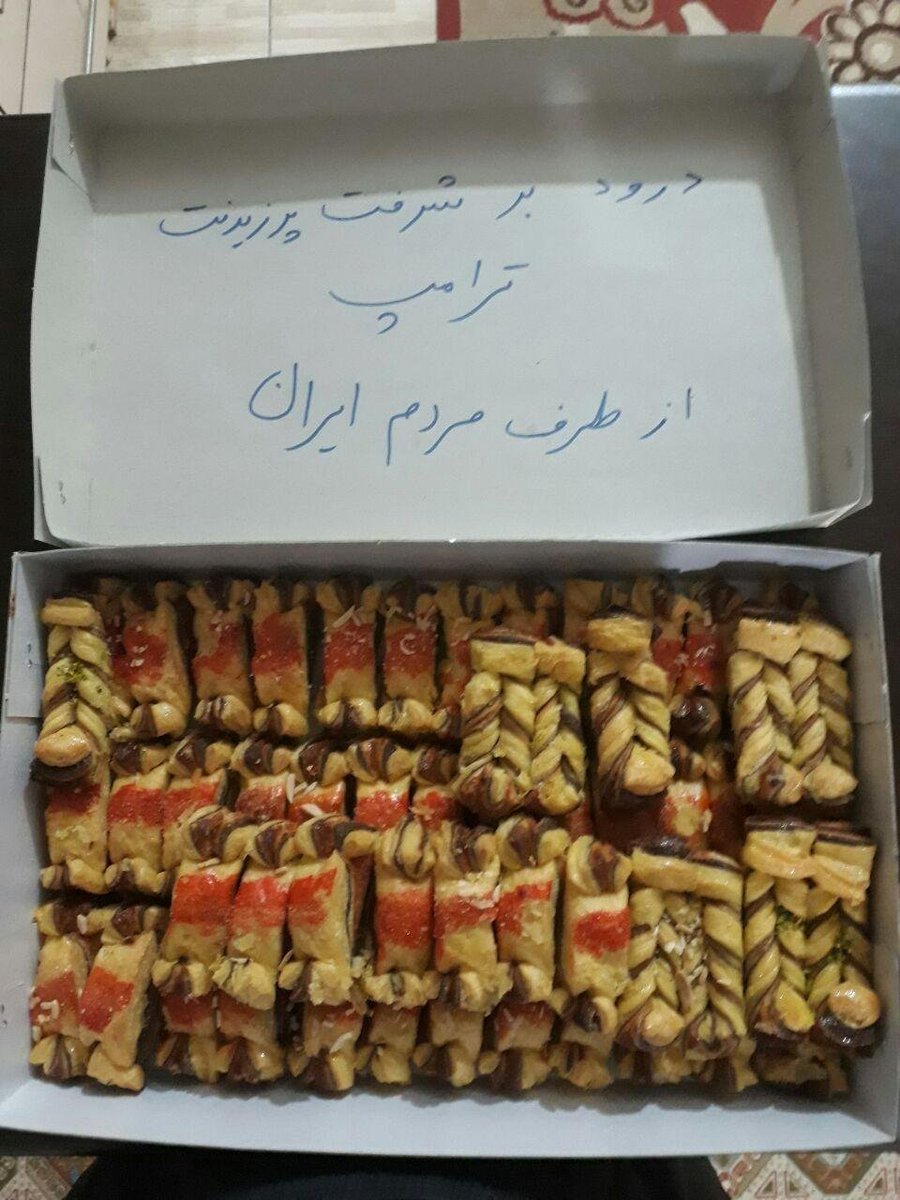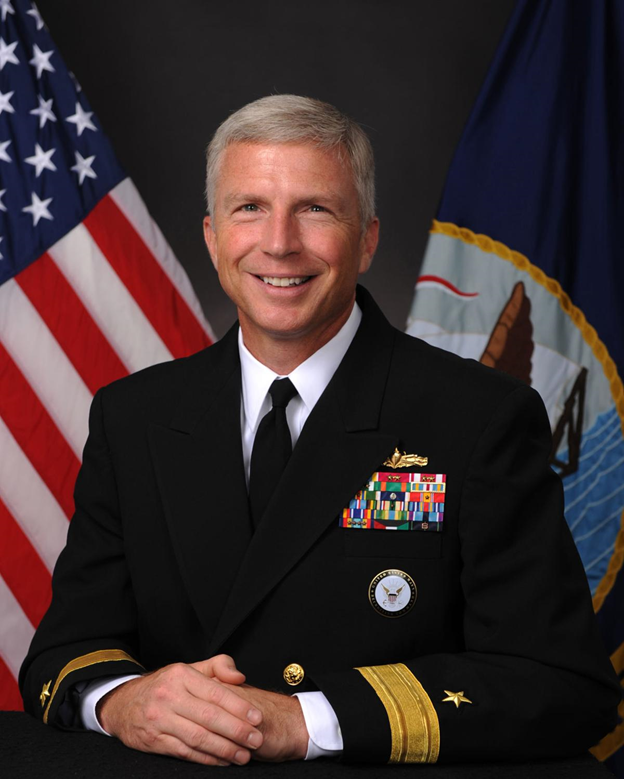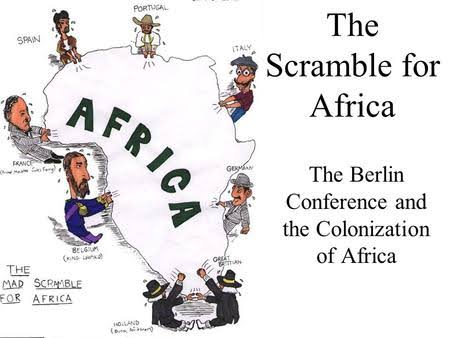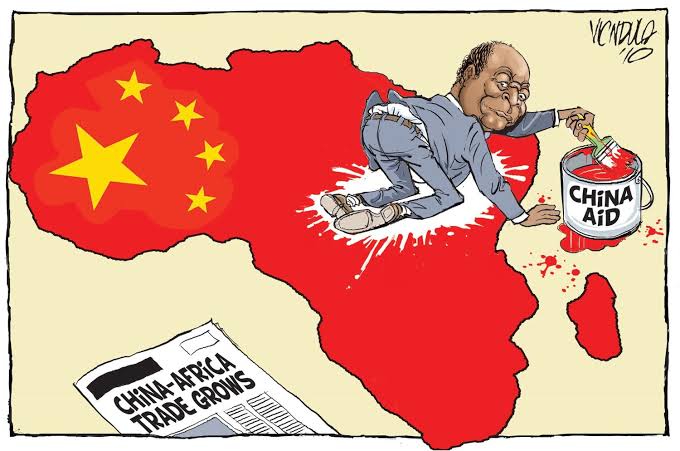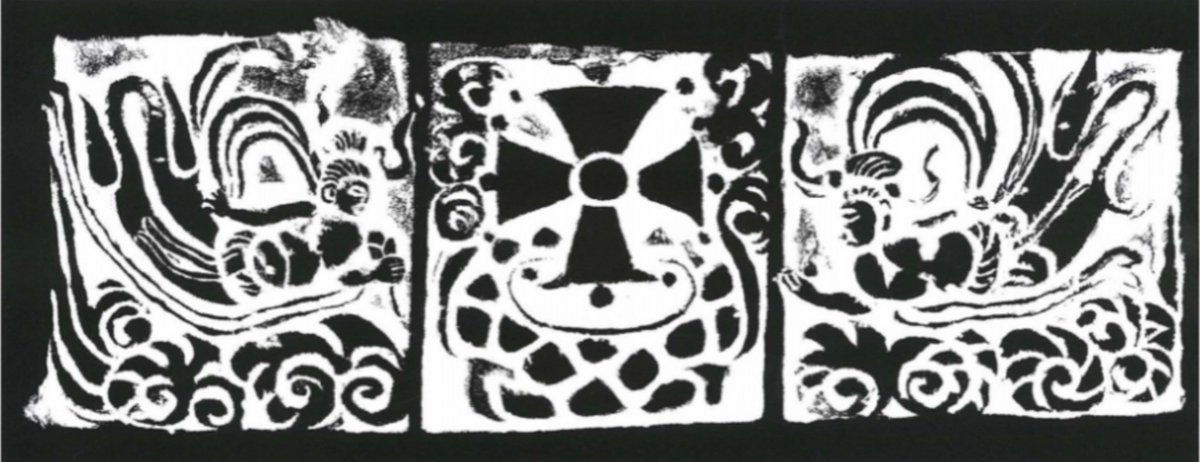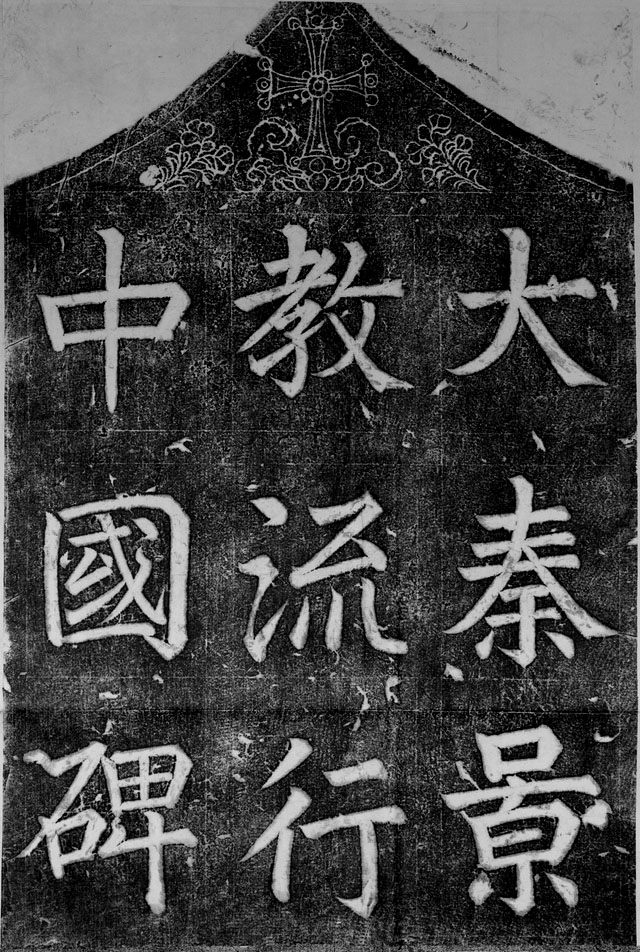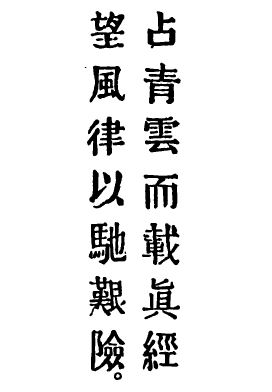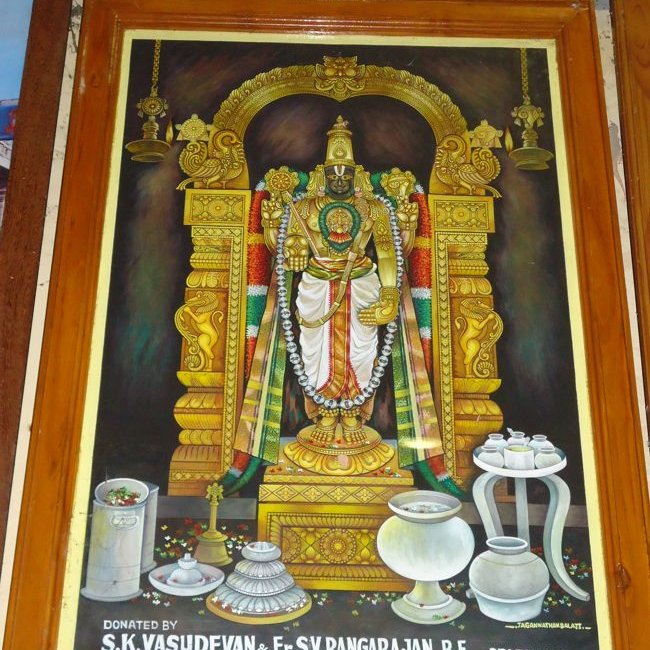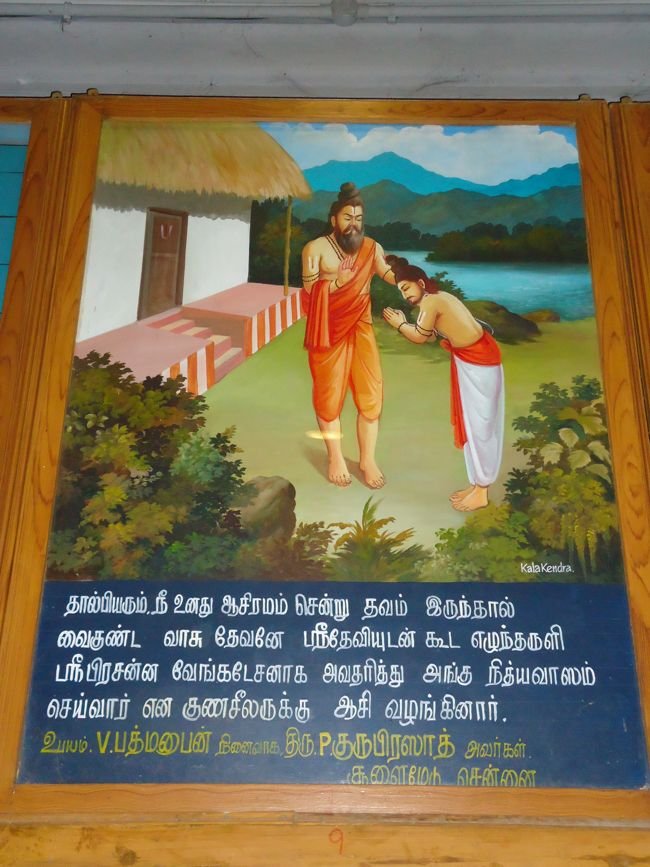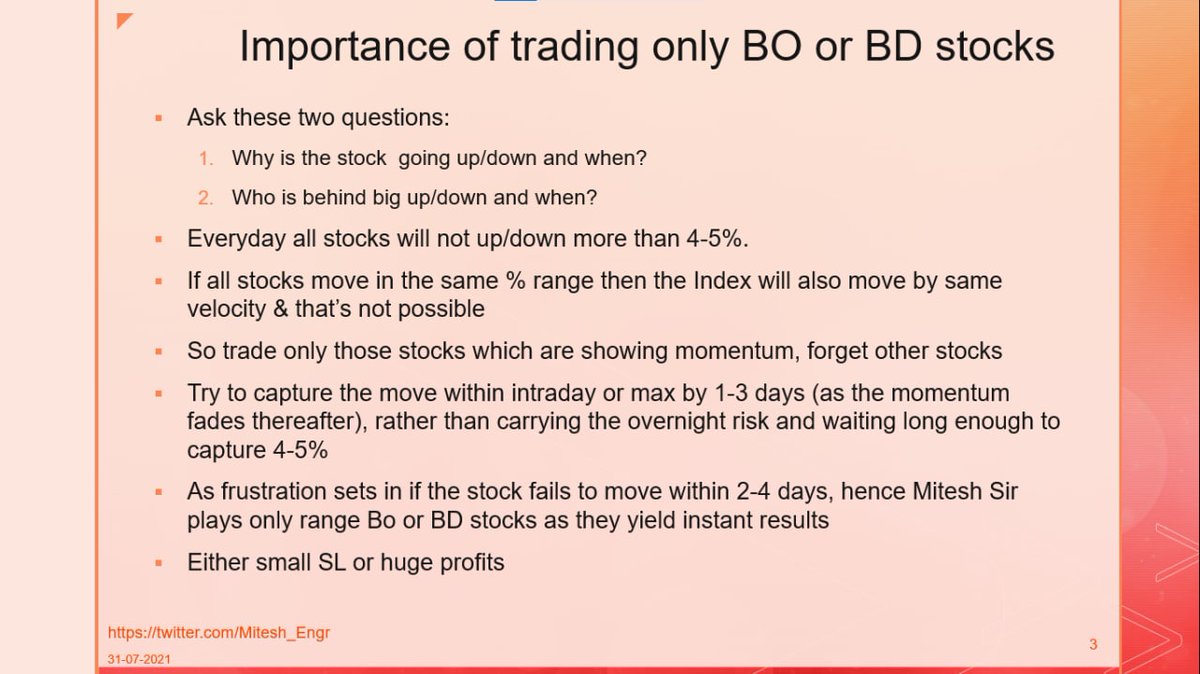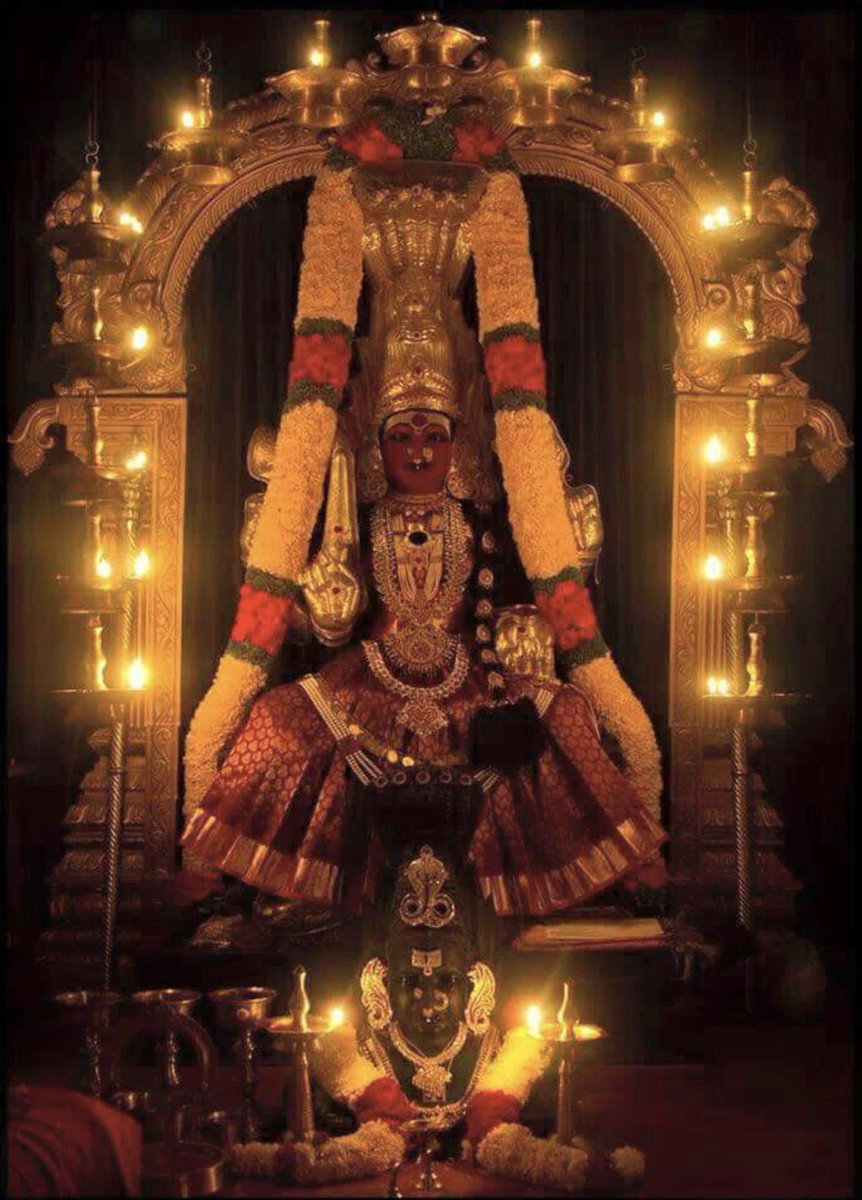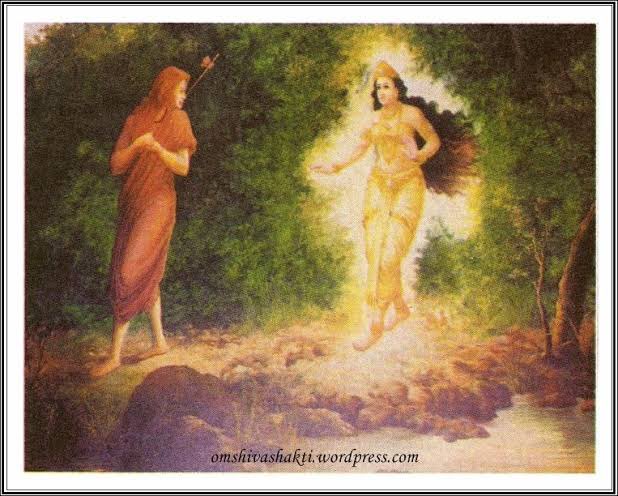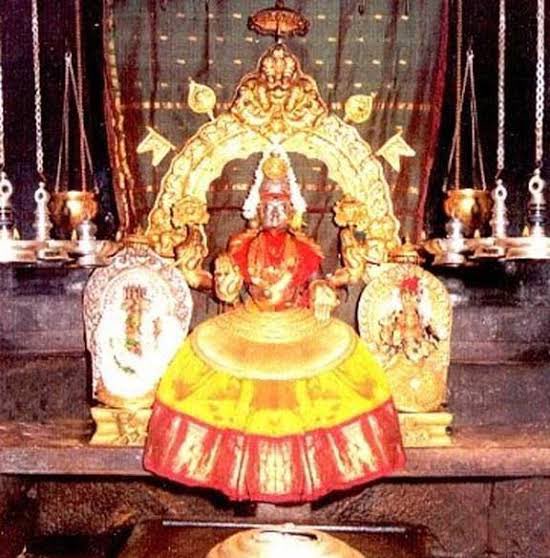THREAD
1)
#Iran’s regime is increasing its measures aimed at interfering in U.S. elections.
@DNI_Ratcliffe shed light on this important matter.
Americans should be aware that Iran is pursuing this initiative specifically through its US-based lobby arm @NIACouncil.

More from Heshmat Alavi
THREAD
1)
A year ago today, #Iran’s IRGC deliberately shot down Ukrainian flight #PS752, killing all 176 on board.
Regime officials have lied from day one & just recently blamed it on “U.S. adventurism.”
#PS752JUSTICE
My take:
https://t.co/HgABnVqXUl

2)
Ukrainian forensics chief Alexander Ruvin suggested from evidence obtained that passengers on flight PS752 were out of their seats before two missiles hit the plane outside Tehran, capital of #Iran.
https://t.co/flnsIag8vA
#PS752JUSTICE

3)
"And [yet] we saw the corpses of the dead lying on the ground, without seats…if the people were fastened, they would fall with their seats, as was the case with passengers of [shot-down] flight MH17 [in Ukraine]," he added.
WARNING-GRAPHIC
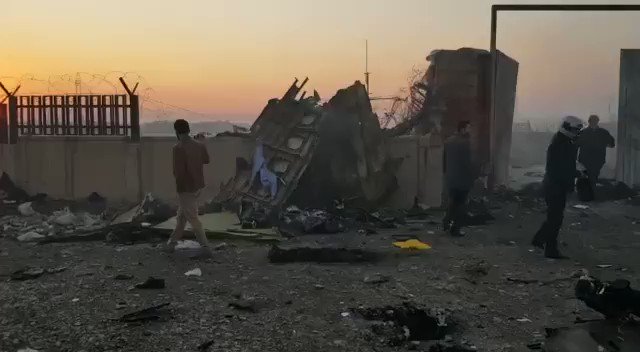
4)
The plane was downed on the same morning that Iran launched ballistic missiles targeting US forces in Iraq. Asked why didn’t officials clear the skies of passenger planes, one official said it would have revealed Iran’s intention to launch the attack.
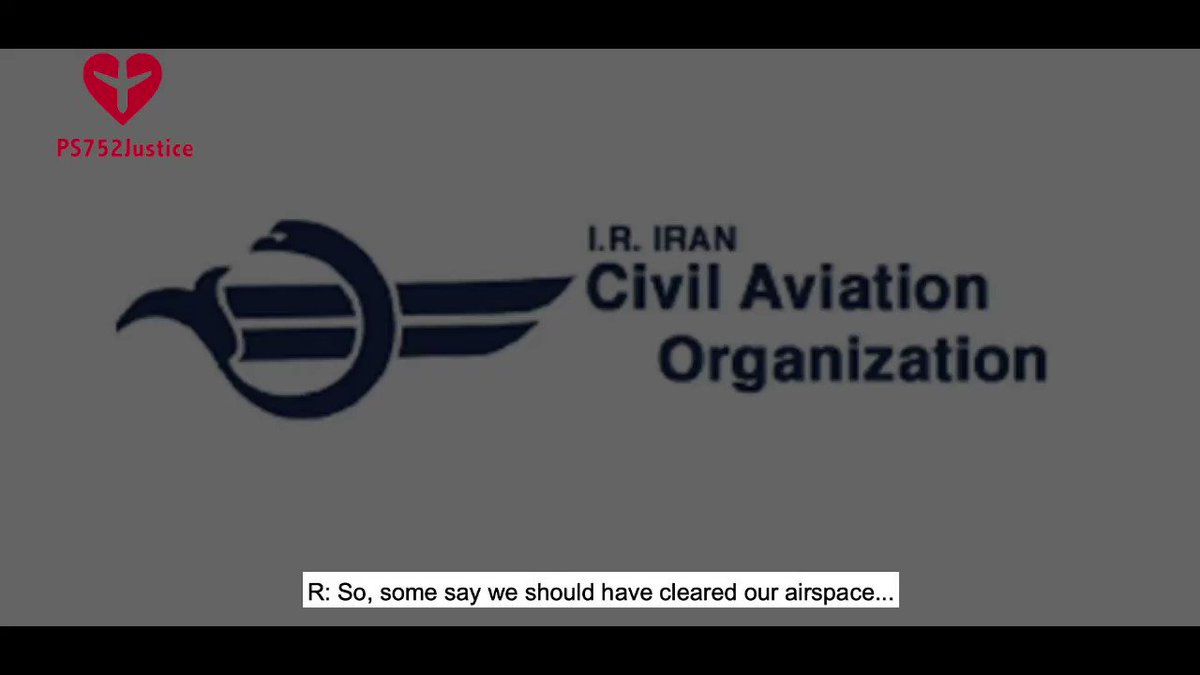
5)
The Iranian side immediately bulldozed the site of the downed airplane, obviously to hide important evidence.
Even their UK ambassador @baeidinejad lied about this.
#PS752JUSTICE
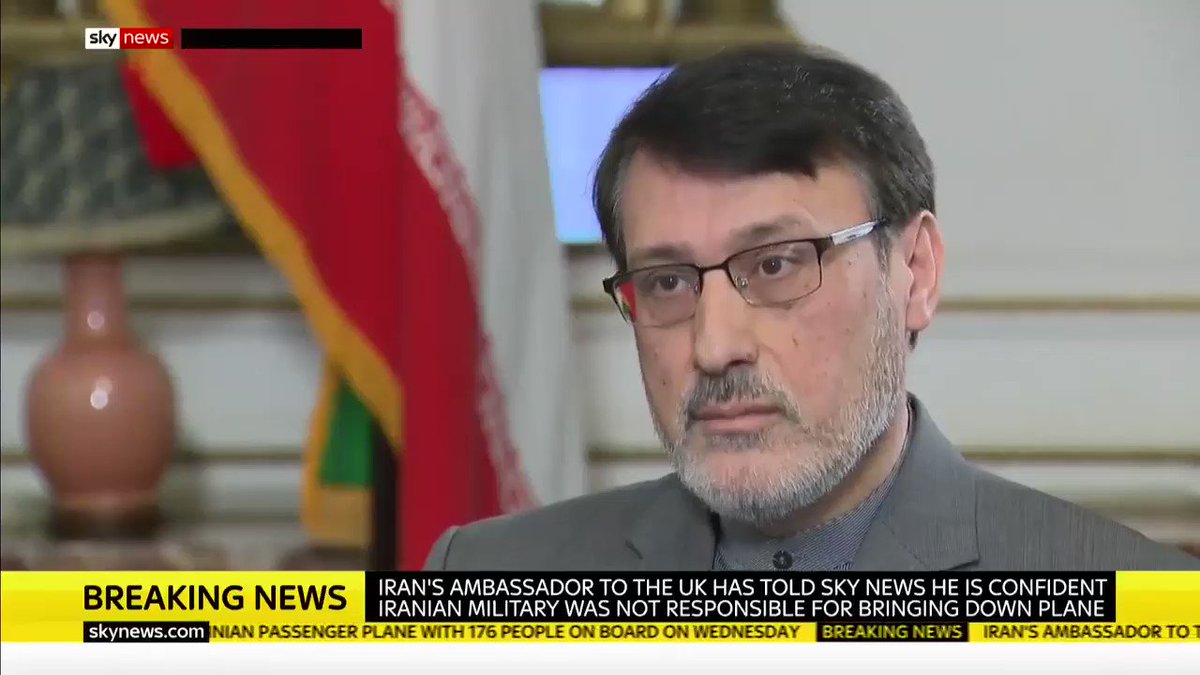
1)
A year ago today, #Iran’s IRGC deliberately shot down Ukrainian flight #PS752, killing all 176 on board.
Regime officials have lied from day one & just recently blamed it on “U.S. adventurism.”
#PS752JUSTICE
My take:
https://t.co/HgABnVqXUl

2)
Ukrainian forensics chief Alexander Ruvin suggested from evidence obtained that passengers on flight PS752 were out of their seats before two missiles hit the plane outside Tehran, capital of #Iran.
https://t.co/flnsIag8vA
#PS752JUSTICE

3)
"And [yet] we saw the corpses of the dead lying on the ground, without seats…if the people were fastened, they would fall with their seats, as was the case with passengers of [shot-down] flight MH17 [in Ukraine]," he added.
WARNING-GRAPHIC

4)
The plane was downed on the same morning that Iran launched ballistic missiles targeting US forces in Iraq. Asked why didn’t officials clear the skies of passenger planes, one official said it would have revealed Iran’s intention to launch the attack.

5)
The Iranian side immediately bulldozed the site of the downed airplane, obviously to hide important evidence.
Even their UK ambassador @baeidinejad lied about this.
#PS752JUSTICE

More from World
fascinated by this man, mario cortellucci, and his outsized influence on ontario and GTA politics. cortellucci, who lives in vaughan and ran as a far-right candidate for the italian senate back in 2018 - is a major ford donor...
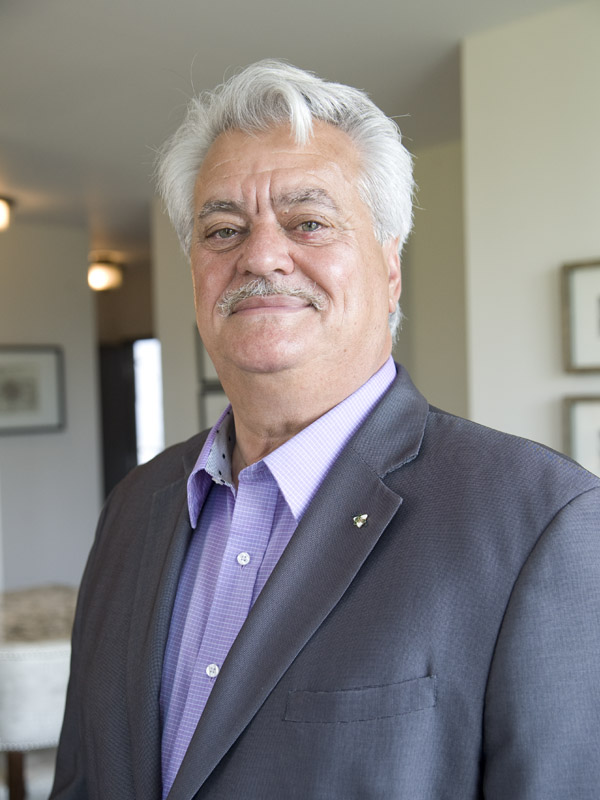
his name might sound familiar because the new cortellucci vaughan hospital at mackenzie health, the one doug ford has been touting lately as a covid-centric facility, is named after him and his family
but his name also pops up in a LOT of other ford projects. for instance - he controls the long term lease on big parts of toronto's portlands... where doug ford once proposed building an nfl stadium and monorail... https://t.co/weOMJ51bVF

cortellucci, who is a developer, also owns a large chunk of the greenbelt. doug ford's desire to develop the greenbelt has been
and late last year he rolled back the mandate of conservation authorities there, prompting the resignations of several members of the greenbelt advisory

his name might sound familiar because the new cortellucci vaughan hospital at mackenzie health, the one doug ford has been touting lately as a covid-centric facility, is named after him and his family
but his name also pops up in a LOT of other ford projects. for instance - he controls the long term lease on big parts of toronto's portlands... where doug ford once proposed building an nfl stadium and monorail... https://t.co/weOMJ51bVF

cortellucci, who is a developer, also owns a large chunk of the greenbelt. doug ford's desire to develop the greenbelt has been
and late last year he rolled back the mandate of conservation authorities there, prompting the resignations of several members of the greenbelt advisory
A quick thread on #Myitsone dam & #MyanmarChinaRelations in light of the SAC announcement that they would be restarting some stalled Chinese projects in Burma. This announcement has led to speculation about Myitsone, which has been suspended since 2011. Let’s go! ➡️ China has
consistently misunderstood & underestimated popular opposition to Myitsone. First and foremost, to the Burmese people, this is about the “mother river” of Burma - the Irrawaddy- and it’s nearly sacred importance to them as a lifeline of their country. This is what drove the
organic anti-dam movement that started locally in Kachin but +/- 2007 was effectively picked up & nationalized by Burmese environmental CSOs. Instead of understanding this, the Chinese lashed out and blamed the United States when Thein Sein suspended the project. I assure you
the USG was as surprised as China when the project was suspended. But China never believed it was truly the desire of the Burmese people that stopped the project. Today, the dam doesn’t make sense economically for Beijing & will definitely alienate Burmese, yet they stubbornly
continue to push it. Why? Let’s unpack a bit further. In addition to Myitsone, there were other campaigns & protests targeting Chinese projects such as Letpadaung copper mine & Kyaukphyu pipeline, port & SEZ. While these campaigns had varying levels off effect, none was as
Can\u2019t overstate how politically dangerous this is. As readers told me: a deeply unpopular regime pushing for deeply unpopular infrastructure projects. Not sure this is what Beijing wants either. https://t.co/TnlrgjPyxZ
— Thompson Chau (@tchau01) February 15, 2021
consistently misunderstood & underestimated popular opposition to Myitsone. First and foremost, to the Burmese people, this is about the “mother river” of Burma - the Irrawaddy- and it’s nearly sacred importance to them as a lifeline of their country. This is what drove the
organic anti-dam movement that started locally in Kachin but +/- 2007 was effectively picked up & nationalized by Burmese environmental CSOs. Instead of understanding this, the Chinese lashed out and blamed the United States when Thein Sein suspended the project. I assure you
the USG was as surprised as China when the project was suspended. But China never believed it was truly the desire of the Burmese people that stopped the project. Today, the dam doesn’t make sense economically for Beijing & will definitely alienate Burmese, yet they stubbornly
continue to push it. Why? Let’s unpack a bit further. In addition to Myitsone, there were other campaigns & protests targeting Chinese projects such as Letpadaung copper mine & Kyaukphyu pipeline, port & SEZ. While these campaigns had varying levels off effect, none was as

